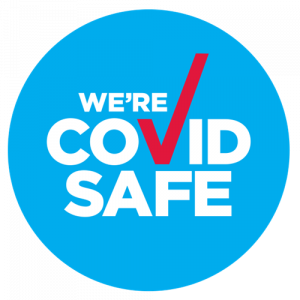What are speech assessments and how we use them to help you
Speech Pathology assessments are a combination of formal and informal assessments. They are specifically tailored to the client and their areas of concern. They assist your clinician to determine areas of strength and weakness to deliver individualized goal setting and therapy.
What kind of things do you assess in a speech assessment?
The types of assessment used will be tailored to the client’s areas of difficulty, age, lifestyle, and abilities. Your clinician will conduct an informal chat regarding lifestyle family, education, developmental milestones and medical history.
During this, they will ask specific questions to further their understanding of the client’s concern. Following this, your clinician will administer formal and informal assessment tools to break down the area of difficulty and identify areas of strength.
The investigation may be completed through observation, checklists, interviews, and specific assessment tasks. These are completed in a way to best suited the client and include implementation of games for children.
Our clinicians are experienced in facilitating concentration and comfort to obtain the best information possible from each client.
Speech pathologists assess the following:
- speech sounds
- receptive and expressive language
- social skills
- play skills
- feeding and swallowing
- fluency of speech
- voice quality.
Why do you conduct speech assessments?
Speech assessments are integral to determine the precise area of difficulty and plan for ongoing therapy. Furthermore, it assists in determining if an issue is present and the severity of difficulties.
These allow your clinician to breakdown the level of difficulty and tailor goals to this. Additionally, your clinician will consider lifestyle and daily activities to ensure ongoing management is functional.
What are the benefits of speech assessments?
Speech assessments allow you and your clinician to discuss your concerns in a comfortable and supportive environment. It is a great way to build a therapeutic relationship and address any questions you may have.
The benefit of meeting with your clinician for initial assessment is receiving therapy tailored to your lifestyle and individual needs. Following your appointment, your clinician can provide a comprehensive assessment report if required for education, work, medical, or funding purposes.
What should I bring to a speech assessment?
If you have had previous speech pathology intervention it is valuable to bring reports or summary letters. Information from other health professionals, such as allied health or medical intervention, is also beneficial. If relevant, please bring documents relating to education, for example a child’s school report.
For clients who are using payment methods other than private payment you will need to provide the relevant information. If you are accessing speech pathology services using National Disability Insurance Scheme (NDIS) please provide your NDIS identification number prior to your appointment and bring your plan information to the appointment. Alternatively, if you are using a Chronic Disease Management Plan (CDMP) for your sessions please bring along your Doctor referral letter.
As a parent or caregiver, do I need to be present at a speech assessment?
It is important for parents and caregivers to attend the speech appointment. This assists your clinician to gain information regarding the individual client, as this is an integral part of initial investigation.
It also allows the clinician to provide an overview of their findings and begin planning for future intervention. Additionally, it provides support to the client and can assist in making the client feel comfortable within a new environment.
If you need to book an appointment for a speech assessment in Newcastle, contact our team today
Image source: Pexels





